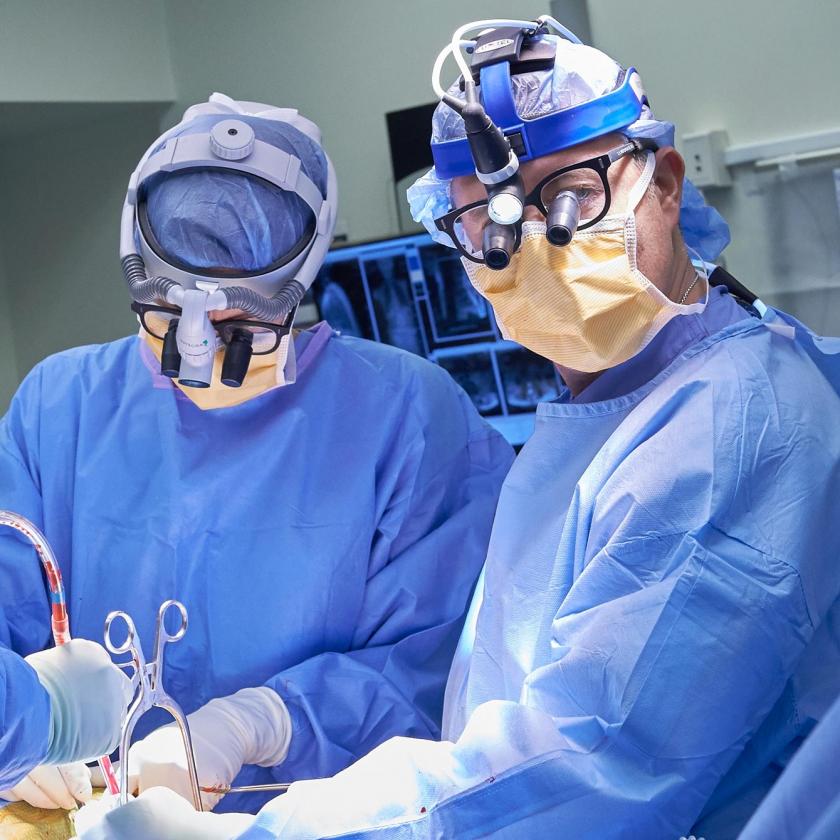

Precision in Motion: Advances in Orthopedic Surgery
Orthopedic surgery has witnessed remarkable advancements, revolutionizing the landscape of musculoskeletal care. In this exploration, we delve into the cutting-edge technologies and techniques that define modern orthopedic surgery, emphasizing precision in motion and improved patient outcomes.
Precision Diagnostics and Imaging Technologies:
The journey of orthopedic surgery begins with precision diagnostics. Advanced imaging technologies, such as magnetic resonance imaging (MRI), computed tomography (CT), and 3D imaging, provide surgeons with detailed insights into the musculoskeletal system. These technologies aid in accurate preoperative planning and enhance the precision of surgical interventions.
Minimally Invasive Techniques for Faster Recovery:
Minimally invasive orthopedic surgery has emerged as a game-changer in the field. Utilizing smaller incisions and specialized instruments, surgeons can perform complex procedures with reduced tissue disruption. This not only accelerates the recovery process but also minimizes postoperative pain and scarring for patients.
Robot-Assisted Orthopedic Procedures:
The integration of robotics into orthopedic surgery has taken precision to unprecedented levels. Robots assist surgeons in executing procedures with exceptional accuracy. From joint replacements to spine surgeries, robotic systems enhance the surgeon’s capabilities, contributing to optimal implant placement and overall surgical outcomes.
Customized Implants with 3D Printing:
The era of one-size-fits-all implants is evolving into personalized solutions through 3D printing. Orthopedic surgeons can now design and manufacture customized implants tailored to the patient’s unique anatomy. This innovation not only improves implant fit but also enhances long-term functionality and reduces the risk of complications.
Biologics and Regenerative Therapies:
Orthopedic surgery has embraced biologics and regenerative therapies to promote healing from within. Stem cell treatments, platelet-rich plasma (PRP), and growth factors are utilized to stimulate tissue repair and regeneration. These interventions play a vital role in enhancing the body’s natural healing processes.
Navigating Complex Spine Surgeries:
Advancements in spine surgery have revolutionized the treatment of complex spinal conditions. Minimally invasive spine surgery, spinal fusion techniques, and artificial disc replacements are among the innovative approaches that provide effective solutions for conditions like herniated discs, spinal stenosis, and degenerative disc disease.
Joint Preservation and Cartilage Restoration:
Orthopedic surgeons are increasingly focusing on joint preservation and cartilage restoration techniques. Procedures such as arthroscopy, osteochondral transplantation, and autologous chondrocyte implantation aim to preserve joint function and delay or avoid the need for joint replacement in certain cases.
Enhanced Rehabilitation Strategies:
Postoperative rehabilitation is a critical component of orthopedic surgery. Advanced rehabilitation strategies, including targeted exercises, physiotherapy, and adaptive technologies, play a vital role in optimizing recovery. Tailored rehabilitation plans are designed to improve range of motion, strength, and overall function.
Patient-Centric Care and Shared Decision-Making:
Modern orthopedic surgery places a strong emphasis on patient-centric care and shared decision-making. Surgeons work collaboratively with patients, involving them in the decision-making process and tailoring treatment plans to align with individual goals and preferences. This approach fosters a sense of empowerment and satisfaction among patients.
Continuous Innovation in Orthopedic Research:
The landscape of orthopedic surgery is dynamic, with ongoing research driving continuous innovation. From exploring new materials for implants to investigating novel biological interventions, orthopedic research contributes to the evolution of surgical techniques and outcomes. This commitment to innovation ensures that orthopedic surgery remains at the forefront of medical advancements.
In the realm of precision in motion, modern orthopedic surgery stands as a testament to the incredible progress in musculoskeletal care. For those seeking more information on the latest advancements and patient resources, Orthopedic Surgery serves as a valuable source of insights and guidance.
